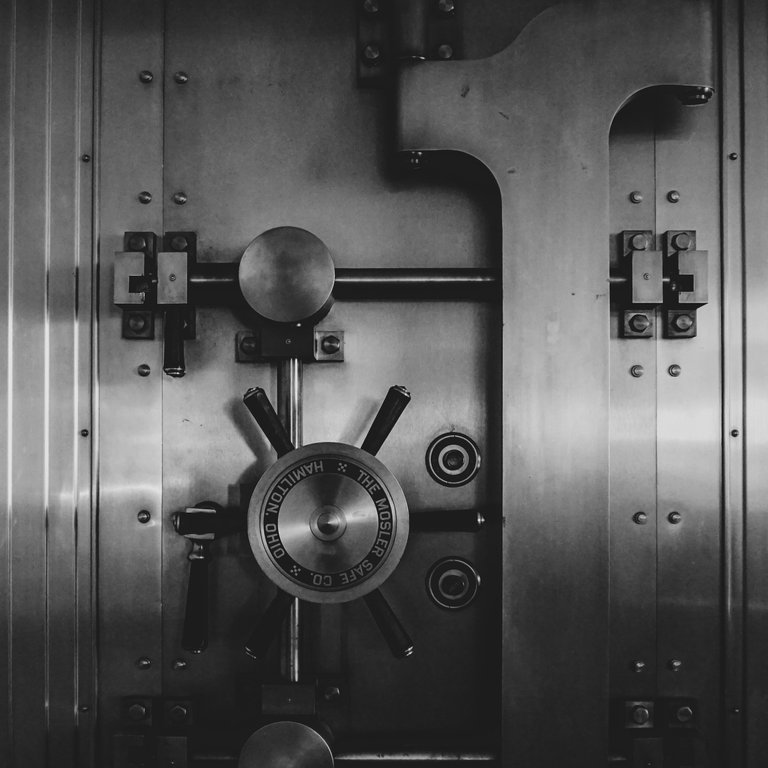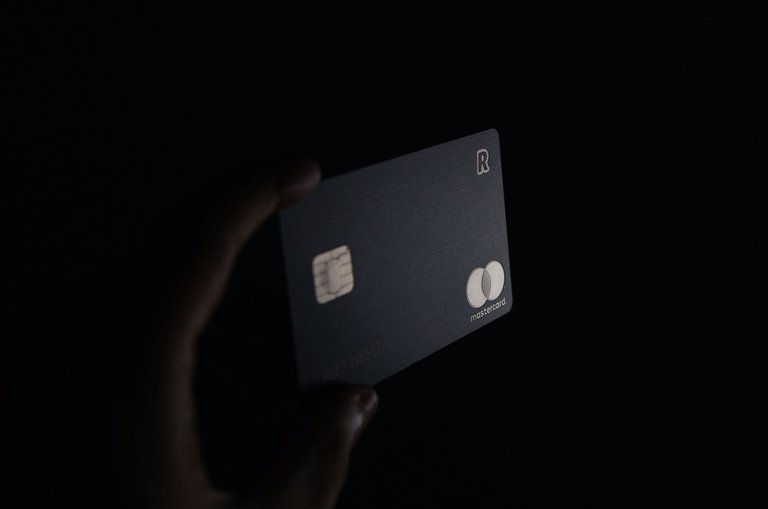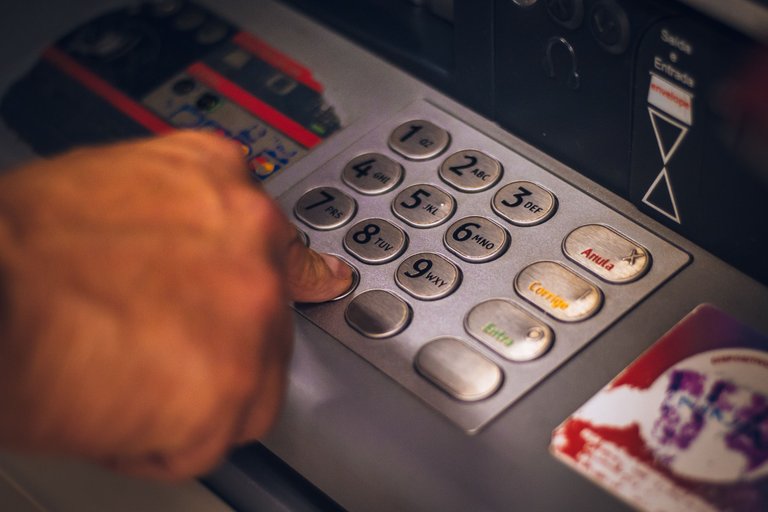Evolution of the Nigeria Banking Sector and and Challanges faced over the years
I was sure I wanted to become a banker when I was little. That shaped my early years as a kid, and even when I became a teenager, I still wanted this profession badly. I thought that these bankers were the ones who controlled and governed how money was utilized. There was a time when I thought these banks were the ones that printed and minted money but thank God for growth; I am more knowledgeable today. So the traditional Banking system in Nigeria has evolved, and I got to know this as I studied in school what it used to be, and I can see what it is now.

Twenty years ago, Banking was more focused on creating an avenue where customers would feel safe depositing valuables such as cash, wills, gold, diamonds and other valuables for safekeeping. So by creating an account with this bank, you become an Account holder and are also entitled to get your valuables at any time of your period. This creates a deposit and withdrawal scenario, which forms the basis of banking up to this age.
Banking has grown as people of this age have no idea the stress people went through to have access to their funds years ago. Aside from the bank operating manually, you are only liable to get your fund from the bank branch you created an account, as they operate through a bookkeeping ledger. This ledger contains the names of people who created an account with the bank and how much they saved.

Thanks to the introduction of affordable computers, banks could sync all their clients' names and accounts through the Internet. The computer was used to process client information and their bank account in a live environment; this way, clients' accounts were updated immediately after a transaction. The internet changed the game for banks as it introduced them to some automated tools to keep more records of clients and also fetch information easily. This allows Banks onboard more clients and open more branches as the world progresses.
However, as the Bank client base increases, so is a new issue regarding managing them and crowd-controlling in the bank Premises. Banks have issues surrounding the number of people that troops into the banking hall, as the banking hall, could not contain them. Based on their client base, they must devise a means to reduce the number of people allowed into the banking hall. Then the Automated Teller Machine (ATM) machine and ATM card were introduced. These ATM machines and cards were stationed outside of the Banking premises as a means of crowd control. It worked as staff who wanted to withdraw small amounts used their ATM Cards on ATM machines while the bank customers who wanted to withdraw larger amounts withdrew over the counter (OTC).
At some point, the Banking sector experienced many meltdowns as many banks crumbled due to macroeconomic issues like a recession. This recession exposed the banks to lots of issues as they could no longer afford to pay people who had kept money with them. Money banks crumbled due to this recession, and Many bank customers lost their money. This was when the Financial Regulatory Agnecy swung into action. To prevent this scenario, the Central Bank of Nigeria (CBN), through the federal government's directive, mandated that all banks be registered with the Nigeria Deposit Insurance Commission (NDIC). NDIC was commissioned by the CBN to provide an extra layer of security to all bank customers who have money by forcing these deposit money banks to part away with a certain amount of money, with serves as security in case a bank folds up.

With the NDIC created and an extra layer of security added to the creation of banks, CBN went further to push up a new policy which reduced the number of banks in the countries. The policy in which CBN made lots of banks merge while many assets were acquired. After the policy was introduced and it has been functional for Years, the collapse of banks has been minimal and never occurred. While these policies by the CBN solidified the banks' assets and capital base, which resulted in people trusting the bank more. Even if a Bank collapses, NDIC will refund the people who lost their money from the event.
As many people started trusting banks more, the Banks observed the gaps between the urban and local communities. While the urban areas have physical Bank buildings they could access, the case was different for people living in the local community called the unbanked area. So to encourage financial inclusion and introduce the unbanked population to banking, Banks started setting up Atm machines in areas they do not have a physical presence. This is a way to help people have access to banking services even though it is not through the banking premises. This worked wonders as banking was brought to the unbanked environment.
Banks further promoted financial inclusion by introducing agency banking through Point of Sale (POS) to rural communities. This POS agent was charged with accepting cash as deposits, just like the number banks would, and they also helped send money to another account. Agency banking is still being used today, and it has even become much more popular when compared to traditional banking. The reason is that these agents were littered around the country, and they could be over a thousand agents to just 1 bank in the same locality. This agency banking did not just bring the bank to the people; it created a job creation avenue.
Then, with the adoption of advanced technology, the Banks now operate on a much bigger and wider platform, allowing for more customer outreach. Technology allows for Electronic Banking or Online Banking as bank customers do not have to use deposit slips or withdrawal slips to conduct an operation on their Bank account as most clients conduct a Electronic Fund Transfer through the mobile phone or a webpage. Mobile applications are now common, and people with no internet-connected phone can make a money transfer using SMS and their PIN. Banking has come this far, and it is nice to know how we got here where we have things like hardware tokens and 2FA used as an extra layer of security.
Posted Using LeoFinance Alpha